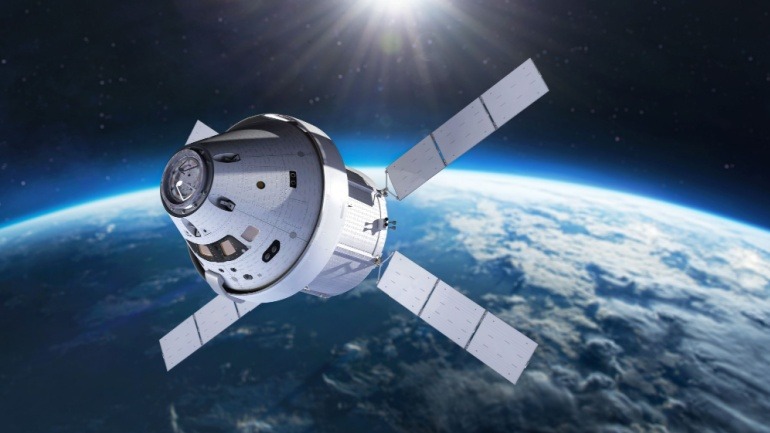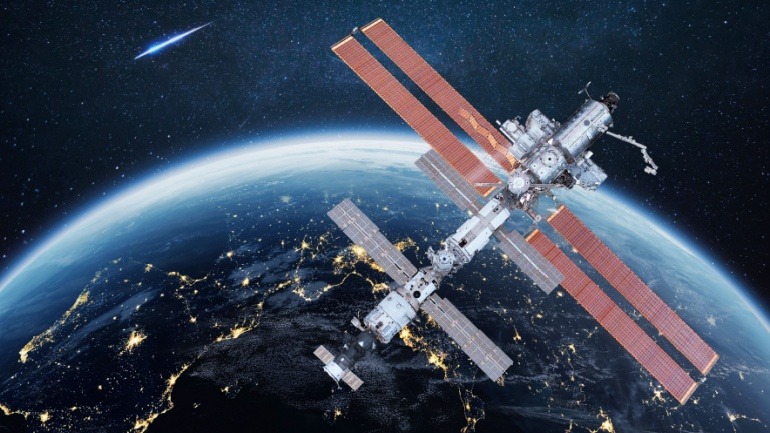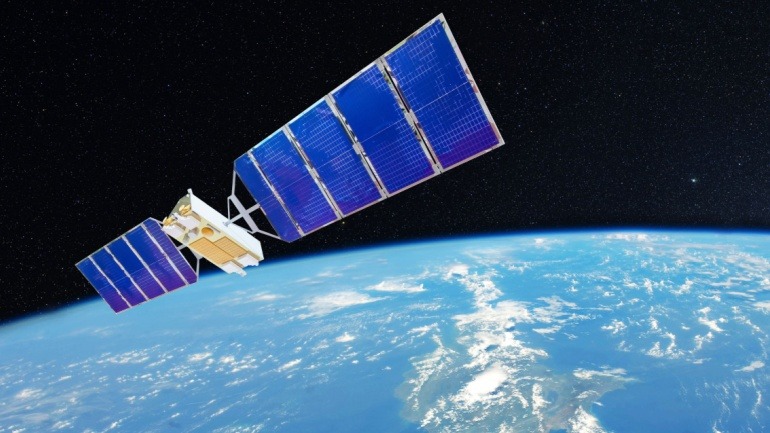On July 30, 2021, Ariane 5, a European heavy-lift space launch vehicle developed and operated by Arianespace for the European Space Agency, successfully launched its first flight in nearly a year. The aim of the mission is to deploy a pair of geostationary communications satellites for commercial operators in Brazil and France. One of the satellites, called the Star One D2, will be operated by Embratel, a Brazilian telecommunications company. The Star One D2 will give Embratel the ability to expand its broadband coverage to new regions in Central and South America, supply Internet access to those in under-serviced areas, and increase X-band payload for government use in the Atlantic region. The second satellite, named Eutelsat Quantum, which was developed as part of an ESA partnership with satellite operator Eutelsat and major manufacturer Airbus, has an active antenna, a first for the European commercial telecommunications industry. This revolutionary…
OneWeb, a global communications company that provides broadband satellite Internet services around the world, has announced another successful launch of 36 Arianespace satellites from the Vostochny Cosmodrome. With this launch, the company gets closer to reaching their “Five to 50” goal and the lift off of commercial services by the end of this year. The launch took place on May 28th at 18:38 BST. The OneWeb satellites detached from their host rocket and were distributed in nine clusters over 3 hours and 52 minutes. Signals were received from all 36 satellites, indicating their operational status. This launch is the fourth in a series of five total launches needed to complete the “Five to 50” program. The program will allow OneWeb to offer connectivity in all parts of the UK, Alaska, Northern Europe, Greenland, Iceland, the Arctic Seas and Canada. The service is predicted to be available by the end…
Intelsat is expanding its satellite services in the Solomon Islands and India, improving rural connectivity and supporting broadcast networks. A new agreement with STCL brings better voice and data access to remote island communities, while India’s approval opens the door for expanded satellite coverage and content delivery using four geostationary satellites.
Five global tech leaders, led by Singapore University of Technology and Design, demonstrated a pioneering satellite-powered 5G network linking Singapore and Japan. This breakthrough proves the viability of space-based communication with terrestrial networks, paving the way for seamless global connectivity.
The UK Biomass satellite is a game-changer in satellite technology, poised to map Earth’s forests in 3D for the first time. With its innovative P-band radar, Biomass surpasses past limitations by penetrating clouds and foliage.
Chunghwa Telecom is partnering with Astranis to launch Taiwan’s first dedicated geostationary satellite, enhancing national connectivity and infrastructure resilience. Scheduled for deployment by 2025, the project is part of a larger satellite program and reflects Taiwan’s commitment to secure communication systems.
The FCC has approved AT&T and AST SpaceMobile to test direct-to-cell satellite connectivity for FirstNet. This initiative aims to enhance public safety communications by extending reliable service to remote and disaster-affected areas through low Earth orbit satellites.
KDDI and Okinawa Cellular, in partnership with Starlink, have launched au Starlink Direct — Japan’s first direct-to-device satellite service. Starting April 10, 2025, au users can enjoy seamless connectivity even beyond network zones, enabling emergency alerts, location sharing, and AI-powered assistance, all at no extra cost.
Anatel has approved Starlink to launch 7,500 more satellites in Brazil, expanding its network. While boosting internet coverage, the decision raised regulatory concerns. Amid tensions with Brazilian authorities and global contract setbacks, Starlink also faces rising costs from U.S. import tariffs.
Telenor has secured a 10-year deal to supply advanced, satellite-free communication tech to Swedish and Finnish militaries via its subsidiary KNL. The agreement, part of deeper Nordic defense ties, positions Telenor at the forefront of secure, resilient military communications amid rising global security challenges.













